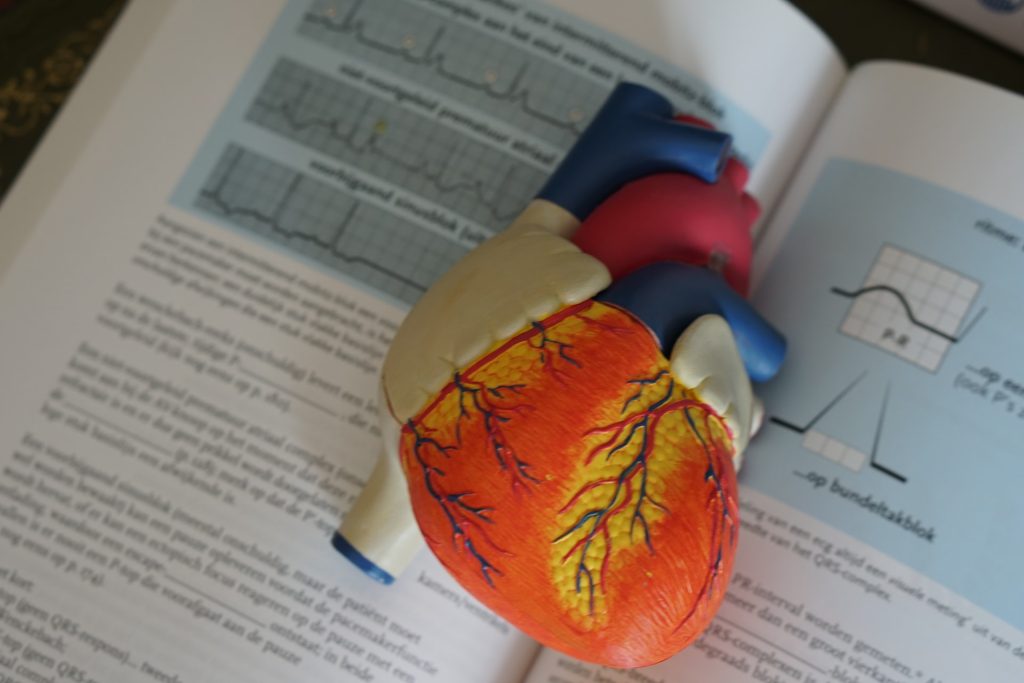
At an annual meeting of the Heart Failure Society of America (HFSA), heart failure specialists agreed that recalling the HeartWare heart pump was good but debated whether its departure leaves the field of mechanical circulatory support (MCS) dead in the water.
In June, Medtronic stopped sales of its HeartWare Ventricular Assist Device (HVAD), citing excess neurological events and mortality with the device. As a result, Abbott’s HeartMate 3 became the only FDA-approved, durable left ventricular assist device (LVAD) on the market.
“Competition breeds innovation. When competition is absent or minimal, there is little incentive for corporations to innovate,” said Jennifer Cowger, MD, MS, of Henry Ford Hospital in Detroit, during the annual scientific meeting.
“While I believe the removal of the HVAD from the market was the ethical thing to do, unless we as a field start embracing MCS technology and change our messaging to the general cardiology community, our field is going to be viewed as niche to referring cardiologists and we’re going to face irrelevance and we’re going to have bad times ahead,” she added.
However Nancy Sweitzer MD, PhD, of the University of Arizona in Tucson, disagreed, pointing out that there are plenty of advances on the horizon.
Nine companies worldwide are developing heart pumps for this $3-4 billion market, Dr Sweitzer noted. Several devices under investigation — implantable ones with no external component — will probably proceed to first-in-man trials in the next year, she said. “There’s a lot of money if you do this well,” she added
Internal competition alone may be enough to advance the field, Sweitzer argued, citing Thoratec’s HeartMate II superseding their old HeartMate XVE.
“They put their own device up against their own device. So I would argue that corporate competition isn’t necessary when the stakeholders realize that we need to get better at this. I think the companies in this space realize there’s a huge unmet need here if we develop a really good MCS that was truly portable, gave people excellent quality of life, and had lower complications,” she said.
Yet given the pace of LVAD research, “in the next decade, we have cause for concern in the MCS field,” Dr Cowger countered.
Both debaters suggested that MCS technology shouldn’t stop at HeartMate 3, even with its relatively impressive performance.
“Outcomes on HeartMate 3 are not the outcomes we really want for these patients. There are still innumerable complications. Hospitalization rates are extraordinarily high in these patients post-implant even if they’re successful implants. They bleed, they get infected, they get strokes. That still happens,” noted Dr Sweitzer.
Innovation issues aside, Dr Cowger pointed out that HeartMate 3 is also much larger than the HVAD, and the smaller device’s loss leaves a gap for patients. She said negative media views had not helped the recent “sense of apathy and loss of enthusiasm for MCS”.
“Physicians don’t want to use technology that will harm or be perceived to harm patients,” she said, noting that sentiment has shifted from “VADs are sexy, cool” to “we would not choose LVADs over [heart] transplant.”
Source: MedPage Today

